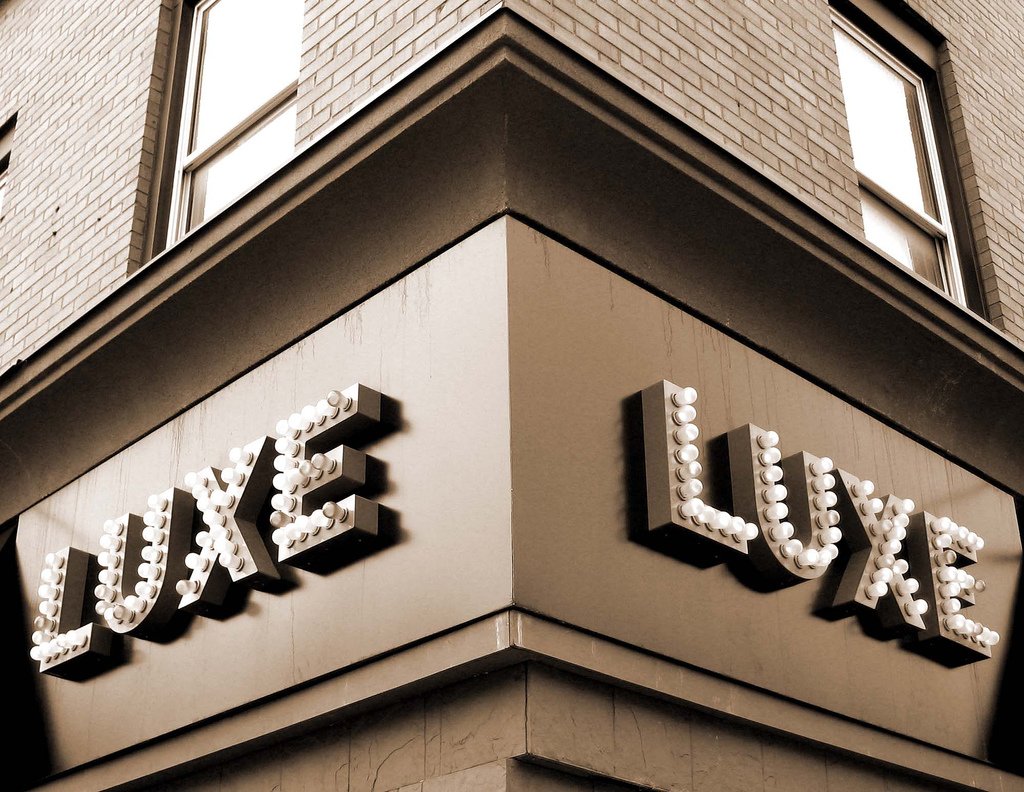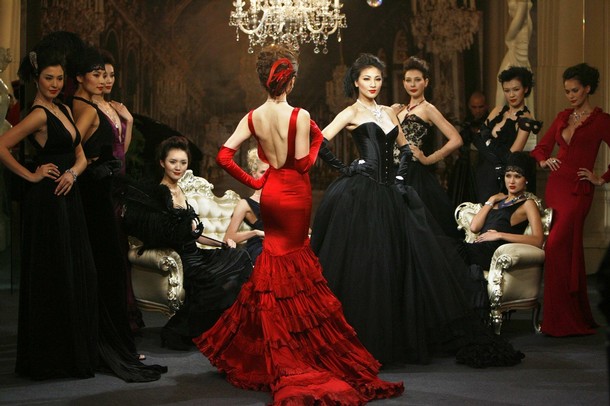The Chinese’s love of luxury goods

Introduction:
Although China’s appetite for luxury brands is well documented, misconceptions and stereotypes involving the Chinese consumer are still widely disseminated.
Most of the time, young Chinese buyers are portrayed as “label-obsessed” buyers who are addicted to luxury shopping, but the reality is much more complex.
I) The history of luxury in China
According to Pierre Xiao Lu, officials in ancient China appreciated the finer things: enjoying high cultural activities and hobbies that enhanced their craft skills. Indeed, crafts and art were largely associated with the upper class.
Over the following centuries, China experienced various political and socio-economic changes through several imperial dynasties, destructive wars and, subsequently, Mao’s communism. These periods have left their mark not only on the country but also on the consumer.
The aspirations and needs of generations have changed over time, but what remains of ideas about luxury consumption is still present in Confucianism.
a) What does the Confucian doctrine say
Confucian doctrine emphasizes six virtues — xi (the virtue of learning and assimilation of ethics), Zhi (the virtue of character and knowledge), li (the virtue of community, fairness and politeness), Yi (the virtue of morality and justice), wen (the virtue of self-development) and ren (the highest virtue and equivalent of benevolence and charity).
As we note, these values dictate not only personal interactions but also consumer behavior.
Tom Doctoroff, Chief Cultural Insight Officer at Prophet Brand and Marketing Consulting, told eMarketer that “Confucian culture is a combination of rules and regiments, and the idea is that the individual does not exist independently of his or her obligations and responsibilities to others.
Therefore, it is necessary to obey certain standards; in this case, it is a demonstration of success. Doctoroff goes on to say that under this doctrine “not by rebelling, but by mastering the rules, you can climb the hierarchy.”
b) China’s collectivism vs. Western individualism
Culture plays an important role in analyzing China’s appetite for luxury. While Western societies are largely individualistic, generally emphasizing the need for distinctiveness.
In contrast, China is governed by collectivism. As a result, it has become a society where individuals respect social norms and aspire to achieve conformity while being assimilated into strong and coherent social groups. In China, therefore, luxury goods are more than the status symbols they are in the West; they have become badges of success. Now, for wealthy buyers, the quickest and easiest way to pass on their role as a winner in society is through luxury consumption.
II) Luxury consumption similar to that of the West
Cultural marketing is the secret weapon of success in China. However, the younger generations do not play by the same rules. As explained above, consumer habits change with generations, and while baby boomers adhere to the idea of collectivism/communism, Millennials and Gen-Zers (buyers knew by marketers as ” (young emperors”) grew up in a world similar to the West.
For this reason, the buying habits of young consumers are similar to those of Westerners. Millennials see luxury shopping as the source of immediate satisfaction and a way to express their personality.
III) The country’s economic growth
China’s period of rapid economic growth is relatively new, and with it came consumerism and huge growth in luxury spending.
As the middle class progresses, luxury brands are finding new opportunities for expansion. McKinsey predicts that “the upper middle class will account for 54% of urban households and 56% of urban private consumption” in China.
According to Bain and Co., China’s luxury goods market is growing by 20%, and this growth is accelerating as the middle class expands.
Conclusion:
If established luxury retailers do not want to lose momentum, they should focus on the human dimension by building engaged communities around their consumer base. As a good example, we can take Dior’s.
The brand has managed to win the Chinese market especially with customer-centric business strategies and effective marketing strategies.
We are digital marketers in China. Thanks to our experience, we have acquired a deep knowledge of the Chinese market.
If you have any questions or would like more information, please contact us.
A project in mind? Don’t hesitate to get close to one of our experts.









